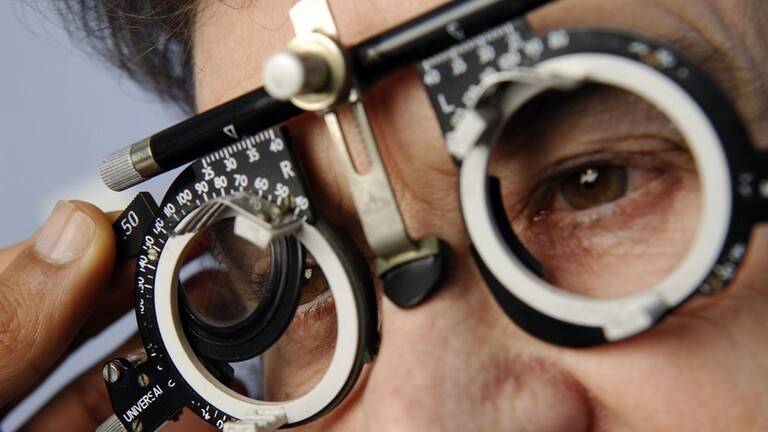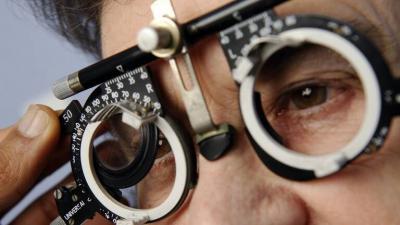A new study has revealed that older adults with untreated vision conditions are more likely to develop dementia, according to a systematic review and analysis of 16 studies involving 76,373 participants. The results of the study, published in the journal Aging and Mental Health, emphasize the need for further research to examine the impact of correcting vision problems in older adults—such as through the use of glasses or surgery—to prevent cognitive issues and mental illness.
The lead author of the study, assistant professor Beibei Xu from the Medical Informatics Center at Peking University, stated, "This study is among the first to assess the relationship between vision problems and cognitive outcomes in older adults by comprehensively reviewing all available population studies in English." Xu added, "Our findings contribute to the growing evidence that vision impairment is a risk factor for developing dementia. Although the underlying reasons remain unclear, they suggest that diagnosing and treating eye conditions may be beneficial for improving a person's quality of life and also for slowing or halting memory loss."
It is estimated that nearly one million people are living with dementia in the UK, and this number is expected to rise in the coming decades as the population ages. By 2050, this number is projected to jump to 1.6 million, and the cost of dementia may nearly double in the same timeframe, from £25 billion today to £47 billion in 2050. Experts suggest that this disease has a devastating effect on people's lives; as their condition progresses, they will experience increasing memory loss and changes in personality and behavior. Eventually, they will become completely dependent on others for their care.
The new research included 16 studies involving 76,373 participants, with five cross-sectional studies and 11 longitudinal studies published before April 2020. From these studies, the authors examined the relationship between vision impairment and cognitive outcomes in older adults. They found that:
- People with vision problems were at a greater risk of cognitive decline and dementia, regardless of whether the vision impairment was self-reported or diagnosed using objective measures.
- The likelihood of cognitive impairment was 137% higher among individuals with vision issues compared to those without.
- Individuals with vision problems faced a 41% increased risk of cognitive decline and a 44% increased risk of dementia compared to those without such issues.
The researchers stated, "Finding ways to prevent or delay the onset of dementia can help reduce its devastating impact on the lives of affected individuals and their families, especially in light of the rising burden of the disease. Identifying modifiable risk factors is the crucial first step to developing effective interventions to achieve this goal."
Beibei Xu added, "Our new findings highlight the importance of regular eye examinations for older adults, allowing for the early detection and treatment of any potential vision issues, and suggest that any self-reported changes in a person's vision should not be ignored."




